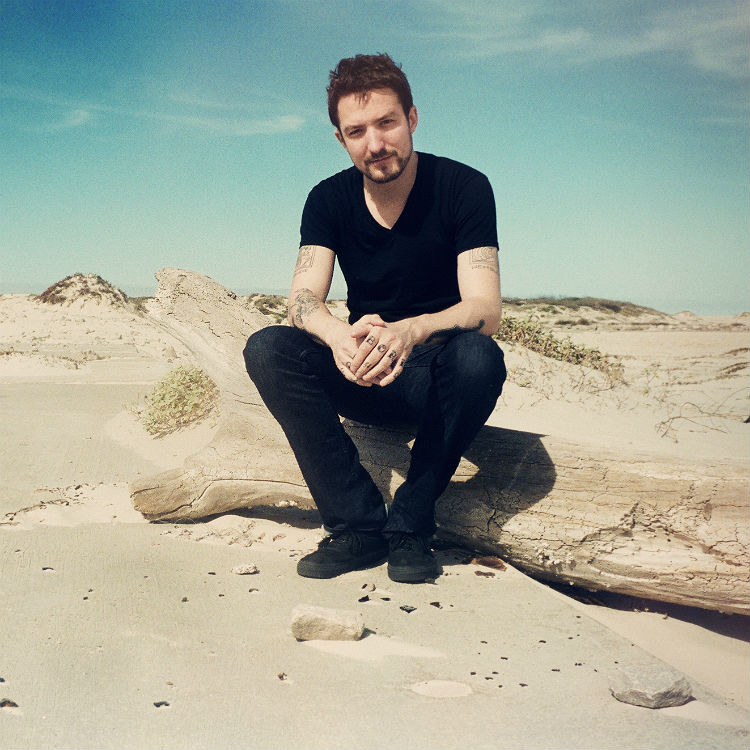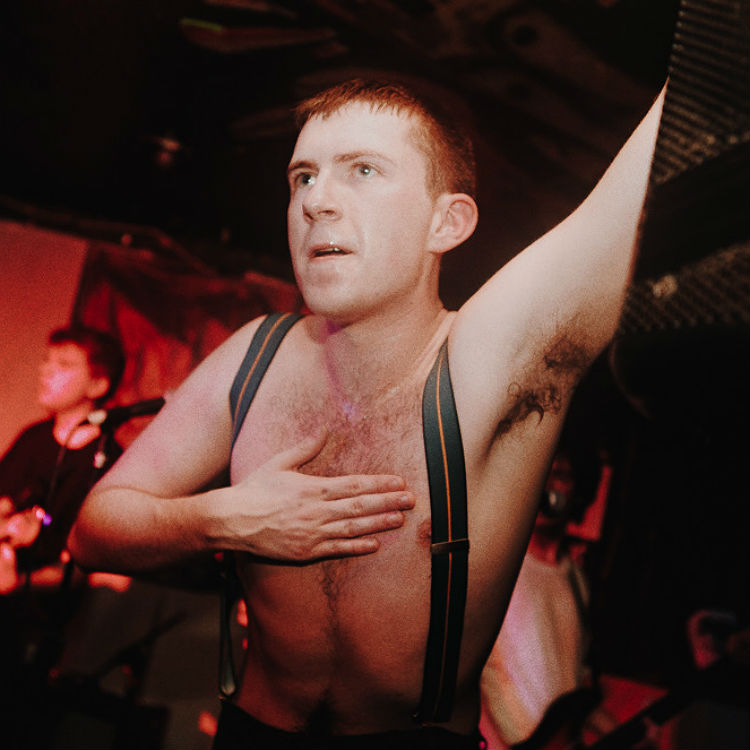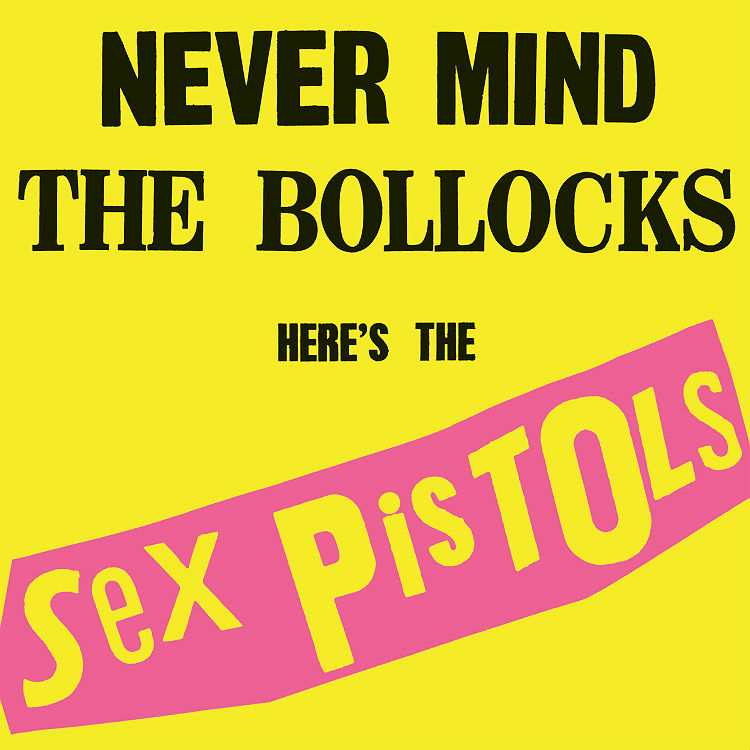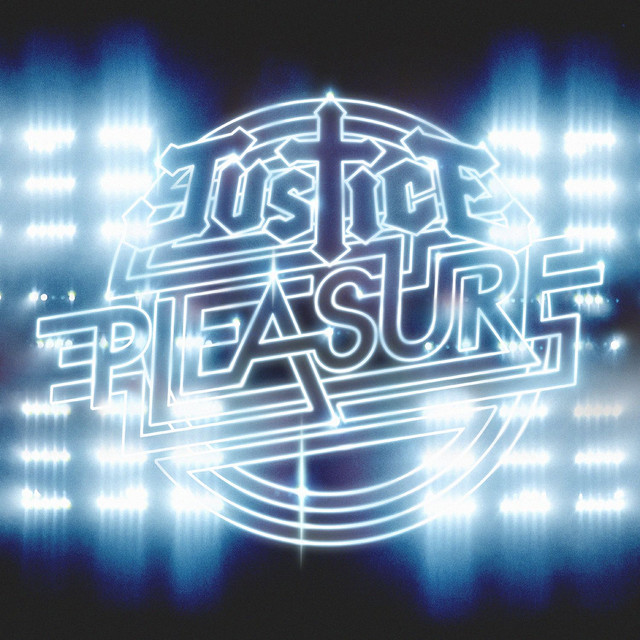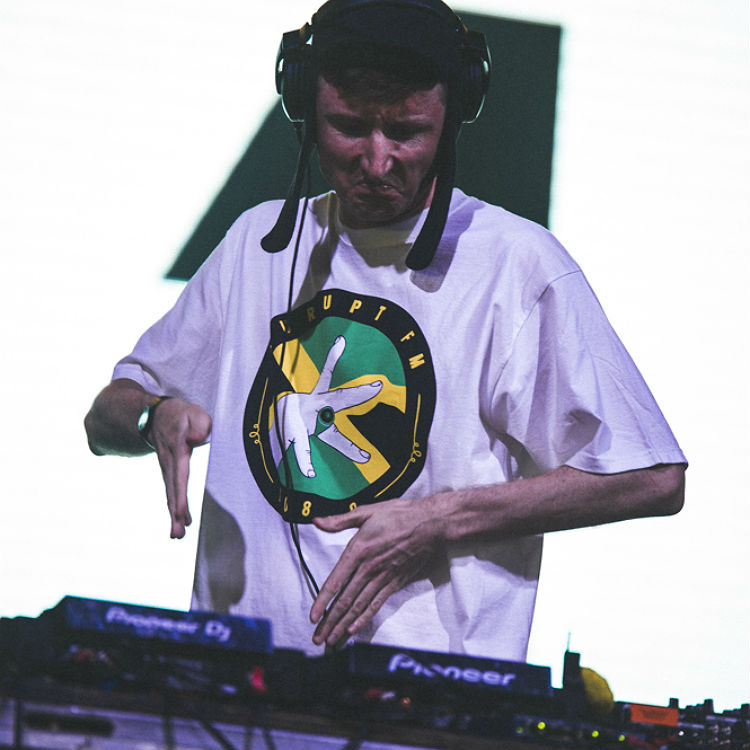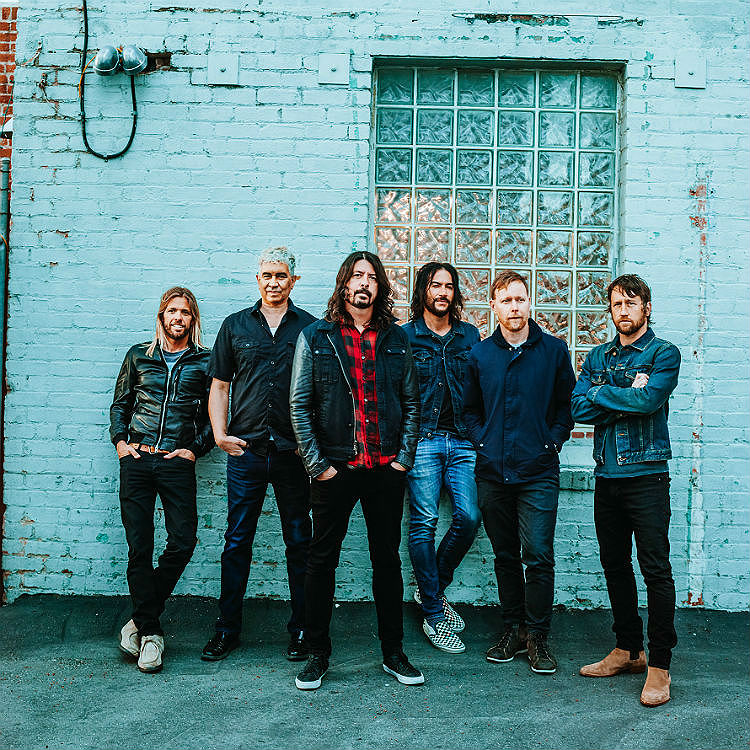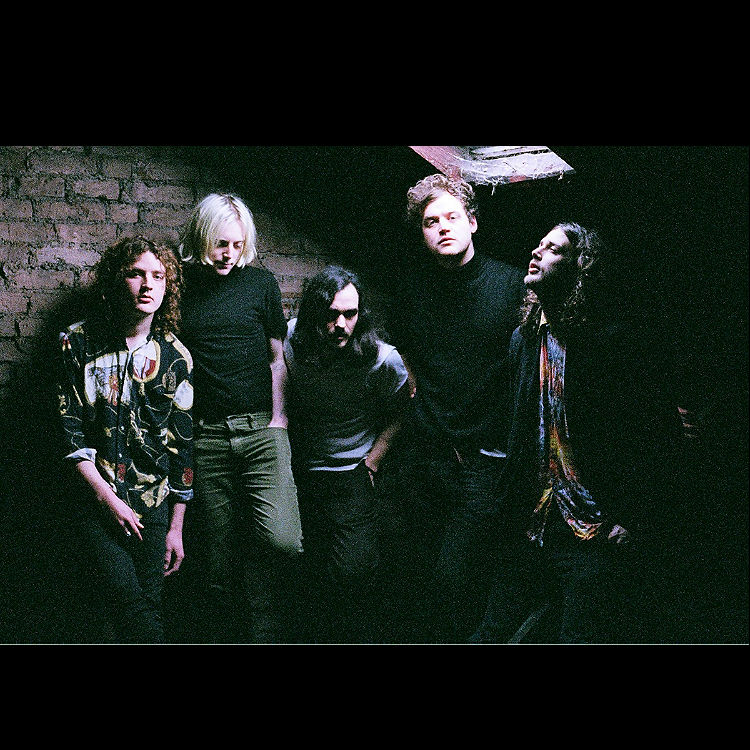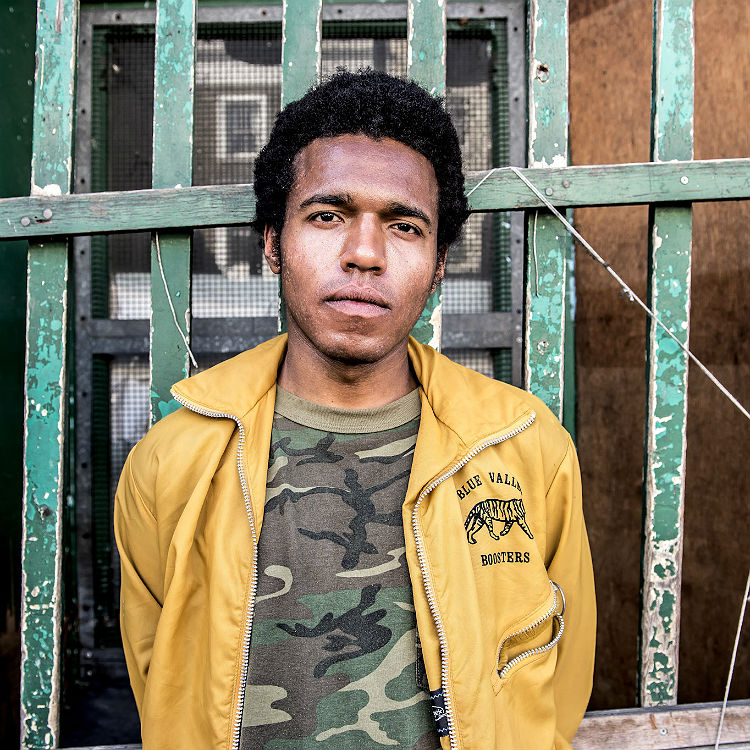 Photo: Simon Sarin
Photo: Simon Sarin
“I was a piece of shit. It’s not enough to have good intentions. You have to make good decisions, and I was making the same mistakes and desperately trying to change,” says Benjamin Booker, who is dealing with the morning after the night before, having just played Jools Holland. Looking at Booker it’s hard to imagine him being anything but an angel: he’s polite, smartly dressed, softly spoken and has a warm, friendly smile.
But things haven't always been as calm as his exterior may suggest. Life as a garage rock blues star touring the release of his debut album on ATO Records and Rough Trade led him to adopt a life of excess: “I thought life was about living it up – there’s chunks of my life I just don’t remember.” It appears this hedonistic lifestyle coupled with the inability to make personal changes he so desperately needed caused some serious emotional problems that began to manifest physically: "When I got off tour after two years, I hadn’t been taking care of myself I felt terrible. I was 10 pounds heavier, looked like shit,” he explains.
Although the physical signs of someone who’s becoming increasingly unhappy and the whirlwind lifestyle had taken their toll – it wasn’t enough to cause him to make a conscious effort to rehabilitate himself and go the extra mile to get out of his personal habits that were hurting him.
Immediately off tour, aged 26, he remained comforted by the warm bosom of New Orleans’ vibrant night life: “there are lots of distractions in New Orleans,” he says with a mischievous grin. So he continued to live it up with the tour spirit, but eventually not having the regimented support that tour routine offers meant there were moments of clarity and time to reflect and cracks began to show and the realisation that times had changed began to jolt him. “All the people I was hanging around with before tour had left, he says.
But it took another variable to lure him away: “I was on my way to a dinner party on my bike and they wound down their window and pulled a shotgun. It took me a while to realise; I had my headphones on,” he says. Discussing what it’s like to have your life flash in front of your eyes, Booker says “it’s very different to what people think, lots of people assume you start thinking about everyone you know and how it’s going to impact on the if you die, but I just felt very present in the moment like nothing else was going on my head other than this. It was similar to when I flipped my car as a teen.”
This close shave with the grave coupled with the general feeling of guilt, and disconnectedness from those who made him happy when he first moved to New Orleans as a graduate from a University in Florida led to Booker to the journey that would ultimately be the answer to his problems. He booked a flight to Mexico City and this journey that he didn't expect to have any answers - he was just looking for a break - ended up being serindiptous. “On the plane over I read this line in the book White Noise by Don DeLilo, which said. ‘What we are reluctant to touch often seems the very fabric of our salvation," says Booker.
“It made me realise I had to be honest with myself about who I was as a person I think the hardest thing for people is to realise their own problems and come to terms with those things, as you can’t change if you don’t look at them. I wrote a bullet-point list of the things I wanted to change. “These bullet points became the basis for all the songs on the new album,” says the singer who wrote the bulk of the album in Mexico when he landed.
Listening through the record with this in mind it’s possible to trace this journey of fixing a torn soul. Opening track ‘Motivation' is realising that he was making mistakes and it wasn’t enough to just have good intentions. 'Isolation’ talks about the journey you go on to face yourself and the meditative process of silence and being away from people. ‘Right On You’ is about the “selfish hedonistic lifestyle” he blames for causing the rift within himself. Meanwhile, the single, ‘Witness’ – written towards the end of the writing sessions – is jubilant, revealing contentedness of finally having inner strength to be able to be altruistic and assess the problems in society: “You can’t reach out until you get your shit together and I needed the tension inside me to be dealt with, ” he says.
The issue that he’s chosen to reach out and show compassion towards on the record is a very important one. He deals with harrowing reality that a disproportionate number of African American are killed by police: “Now everybody that’s brown can get the fuck on the ground, ”reads a line in the song.
The pre-chorus: “See we thought that we saw that he had a gun / Thought that it looked like he started to run/ Thought that we saw that he had a gun / Thought that it looked like he started to run,” is a much needed criticism of how so many police get away with murder of innocent people.
And the question that runs through the heart of the single is a critique on his idleness on seeing the news. He asks is it enough to be a witness to such harrowing issues? Expressing guilt on his own apathy is a positive step. It shows him able to face what’s wrong and call it out with such clear lyrics and remind the world through song of something that cannot be ignored. It is a massive step towards effective political activism and also shows an individual back where he belongs; helping others.
Booker, at heart, is as altruistic as they come and I learn this from asking about what he was up to before becoming a professional touring musician. Straight out of university in Florida the whole reason Booker went to New Orleans was to join an NGO. “I went to New Orleans to clean up neighbourhoods rebuilding schools houses and community gardens after the Hurricane Katrina. But this didn’t really work out as planned: “I got really disillusioned by the non-profit organisation,” he says. “I was a kid out of college trying to do some good. But it’s dark out there… I got a chance to work in all aspects of the city: city hall, police, school etc. Everything comes down to money, and nobody cares about anybody else. It’s about keeping buildings openand getting revenue for everything,” he says after witnessing some peoples needs being ignored due to lack of funds.
It was from here and leaving the misfortunate NGO experience behind that Booker found a job in a record store and began to tease a career in music. After growing up going to punk shows in Florida – against the will of his staunchly religious family in Florida – and learning guitar as a teen, he began to perform. After reading the positive reaction from friends he recruited a drummer people started coming out to shows, and the attendance numbers grew quickly. “I was only getting seven dollars an hour in the record store, so when people started paying us to play shows we were set.”
The speed with which the people were drawn to Booker stems from his incredible Blind Willie Johnson meets Tom Waits voice, and natural songwriting prowess. “The first 12 songs I ever wrote are the 12 songs on my debut album”, he says as if he somehow rolled out of bed and landed on some songs. The results of those early songs were strong enough to earn critical acclaim around the world – a record deal – and a nod from Jack White to join him on a tour of the mid-west.
But with his latest album, Witness, Booker has reached another gear. The soul searching and patching of a ruptured soul, and straight to the point critique of the American justice system is vital at a time when mental health problem are reportedly on the rise, and there’s never enough awareness made to the murder of black men by police. It’s a vital document.
Furthermore, the album’s appeal lies in the sonics. Hiring Sam Cohen, who did Kevin Morby’s album, Singing Saw, was the best decision ever. In terms of new albums it’s dfficult to think of two indie records that sound as instantly likeable as Morby’s and Booker’s. Booker agrees: “I heard that Morby record and that’s the reason I went to record with him,” he says glowing with enthusiasm.
Booker went up to Isokon in upstate New York and used his in-house band to play. Booker, already an encyclopedia of music met his match with Cohen and co. Their shared love of Nick Drake, John Lennon, William Oneyabor, Pusha T, and Can became reference points for the albums diverse sound. These discussions of wanting certain components to directly borrow from existing records is different to his first album where he “played live, most of it was first take.”
The benefit of not wanting to parody his first album and do something completely new is brilliant. Special about using this patchwork reference approach is with that you reach original territory. There’s a lot of crying out from within the industry for less pastiche music and Booker is anything but that. Dissecting the song ‘Witness’ proves this. Booker explains exactly what went into it: “I was listening to A Tribe Called Quest, and used this 90s boom bap beat, then this recent pop staples record was referenced for the choir sound, and for the guitar we used KMD – MF Doom’s first group." The breadth of taste and ability of the band to nail such disparate sounds yet make it cohesive is a massive achievement. Yet also singing with such sincerity and intelligent creative lyricism means he’s a force to be reckoned with.
The whole process of bringing this massively cohesive album together wasn’t a ridiculously long process either. For the complexity and originality in sound it was done very quickly indeed: “It was done in one week on Isokon, and on week in Brooklyn for overdubs,” says Booker. Working with them was such a breeze it seems: “The reason they’re able to work so quickly is because he’s so comfortable around the band. He can just go, ‘Oh you know this record from 1967 to the drummer, and he’ll be able to play it.”
Having used a session band for the record, Booker’s on the road with new players and the same drummer he stated on the first record isn’t involved. This is a very different Benjamin Booker group to the one that toured relentlessly for two years. But through emotional transformation, great decision making in terms of the production on the records, and ability to embrace musical styles as disparate as gospel, hip-hop, and rock, Booker has crafted one of the albums of the year. And it’s one that gets better and more engaging with every listen.
Fortunately Booker’s in much better mental health than he was: “Life couldn’t be more different for me than it was a year ago. I’m in the most serious relationship I’ve been in. I've learned to be more present and appreciating the people around me.”
It’s a remarkable transformation and one that music, and the process of making this record has been the outlet he’s needed. To get him back on this form and to see him smiling and possess such a brilliant work of art, Booker should know that in spite of all the decisions he thinks were wrong in the past, he’s made some very right ones here. We couldn’t be more appreciative for this album. What a record.



